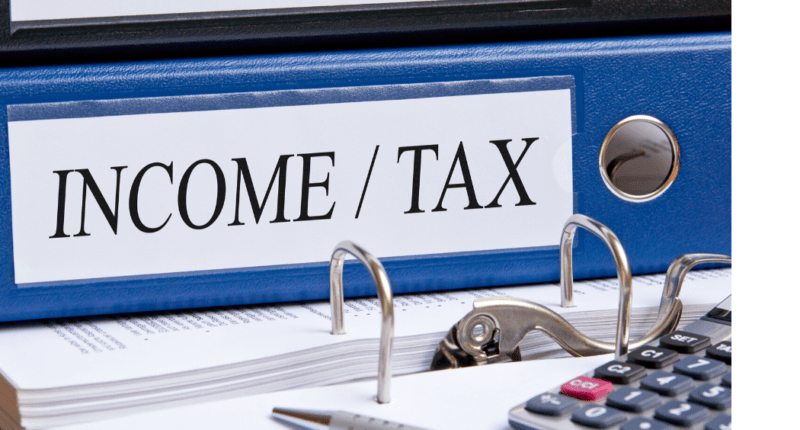Once a person falls within the income tax act’s purview, he must comply with the timelines. Failure to which may result in negative consequences. One has to incur huge interest and penalty for any default. Also, sometimes the punishment for failure to comply may lead to imprisonment.
Let us understand ten areas related to income tax where the taxpayer cannot miss the deadlines:
- PAN and Aadhaar Linking: The due date to link Aadhaar with PAN is extended from 30th June 2020 to 31st March 2021. The failure to link PAN and Aadhaar will make PAN inoperative. Once it is inactive, the PAN will be operative only after linking it with an Aadhaar.
- ITR Filing and Belated Return: The taxpayers must file their income tax return within the prescribed date. Senior citizen taxpayers above 75 years of age are exempt from filing the income tax return, subject to satisfying the specified conditions. However, one has to pay interest and a late filing penalty if the return not filed within the due date. The late filing penalty for taxpayers having taxable income below Rs.5 lakh is Rs.1,000. Otherwise, the penalty may extend up to Rs.10,000. An additional interest of 1% per month is payable on the tax amount due for not filing the income tax return. Further, there is also a due date to file a belated return as per the Income Tax Act. After the expiry of the due date to file the belated return, you can file your return only if you have received a notice from the income tax department.
- Revised Return: Revised returns replace the original return. One can file the revised return to rectify any mistake made in the original return. The filing of the revised return must be within the due dates specified in the Income Tax Act. You cannot make corrections in your return if you miss the due date.
- TDS Deposit/TDS Return: Tax shall be deducted at source and deposited with the government within the due dates specified in the Income Tax Act. Any non-compliance for not deducting the TDS amount and not depositing it with the income tax department will attract interest until such delay. Also, non-filing of quarterly/annual TDS returns will attract penalties. An interest of 1% and 1.5% for non-deduction and non-deposit of TDS, respectively, shall be levied as per the income tax act. Also, the late filing fee of Rs.200 per day is payable for delay in filing of the income tax return, subject to the TDS amount. In addition to the late filing fee, the assessing officer may also, in some cases, impose a penalty of Rs.10,000, which may extend to Rs.1 lakh.
- Tax Audit: A taxpayer is required to complete his tax audit and furnish his tax audit report within the prescribed time limit. Tax audit applies to the persons carrying on business or profession with turnover or gross receipts above the prescribed limit. Also, some taxpayers who declare profits lower than the deemed profit are mandatorily required to get their accounts audited as per the Income Tax Act. The penalty for late filing of a tax audit report is 0.5 per cent of the total turnover or gross receipts subject to Rs.1.5 lakh.
- Advance Tax: A person is liable to pay advance tax in four instalments if the tax liability is Rs.10,000 or more (except senior citizens not having professional income) in the same financial year. The taxpayer has to pay 1% per month interest for delay in payment of instalment amount. If the advance tax paid by the end of the financial year is less than 90% of the total tax liability, an interest of 1% per month is charged for such default.
- Carry Forward of Losses: During the year, if the taxpayer has incurred any business loss (except unabsorbed depreciation) or any capital loss, he can carry forward such losses to take the benefit of set-off in subsequent years. However, if the taxpayer does not file the income tax return within the due date, he cannot carry forward the losses incurred in that financial year to the subsequent years.
- Tax Saving Exercise: The taxpayer must invest in tax saving instruments before the end of the financial year. To claim the benefit for deduction under Chapter VI-A, one must invest before 31st March of the financial year.
- LTC Cash Voucher Scheme: The central government, private and PSU sector employees can claim the tax benefit by utilising the unclaimed Leave Travel Allowance (LTA). The employees can use it by spending an amount, by 31st March 2021, that is three times deemed LTA on goods and services that attract 12% GST or more.
- Vivad se Vishwas Scheme: The last date to make payment under the Vivad se Vishwas scheme for resolving a dispute is 31st March 2021. Any payment made after the deadline shall attract an additional 10% amount of the disputed tax.
For any clarifications/feedback on the topic, please contact the writer at namita.shah@cleartax.in

I’m a chartered accountant and a functional CA writer by profession. Reading and travelling in free time enhances my creativity in work. I enjoy exploring my creative side, and so I keep myself engaged in learning new skills.





